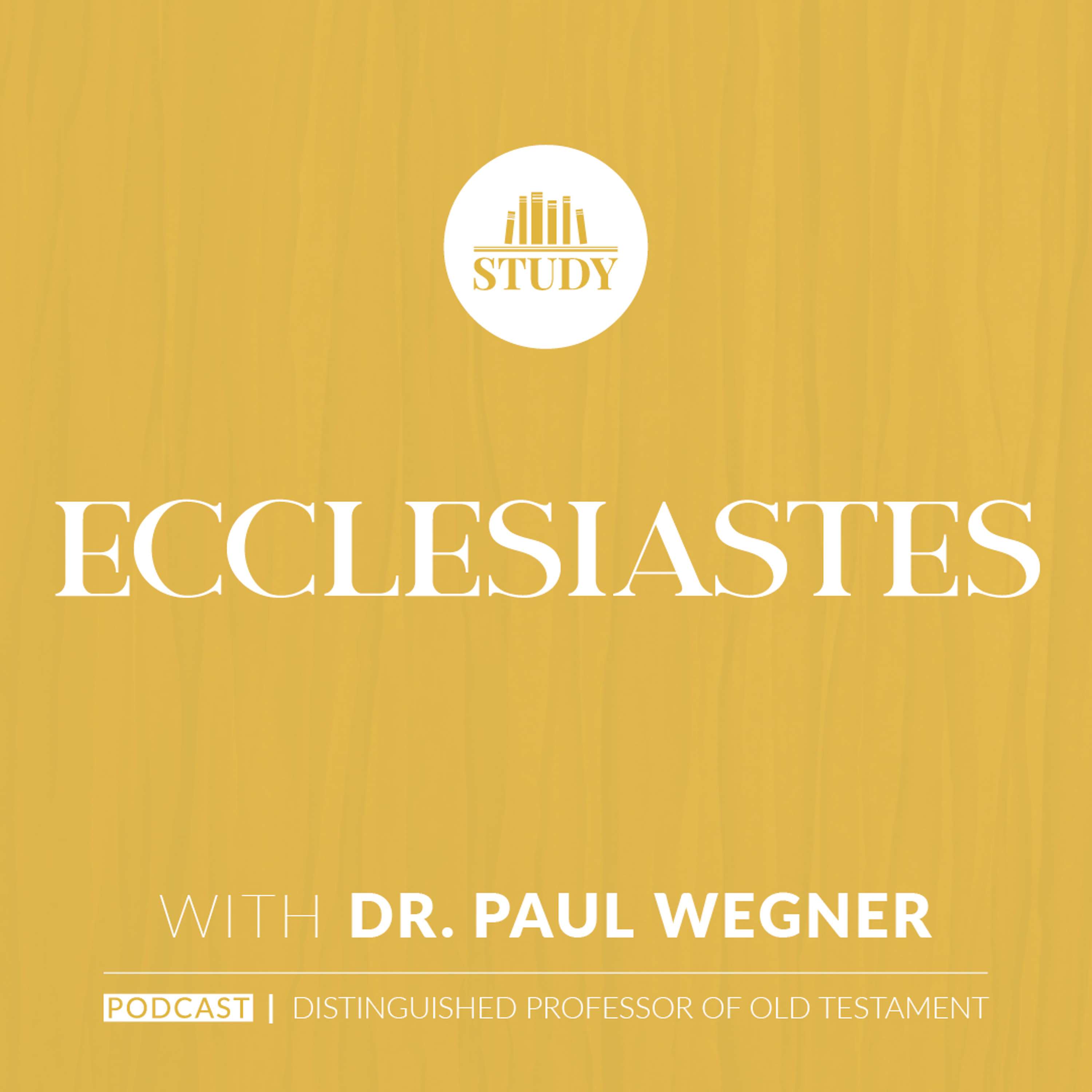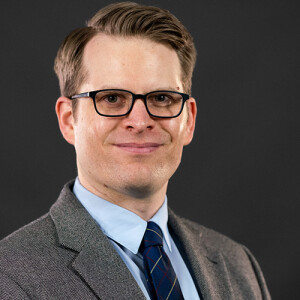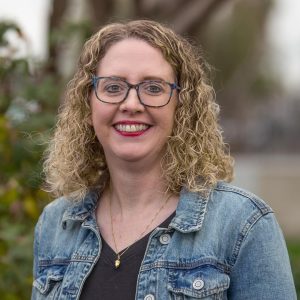“We do not know what to do, but our eyes are on you.” 2 Chron. 20:12
This was the prayer of the anxious yet confident king Jehoshaphat.
How is this relevant today in light of the global pandemic forcing the closure of businesses, schools, travel, and yes, churches? Perhaps we can learn something from this trusted biblical perspective from long ago. While Jehoshaphat was facing a potential military defeat from a foreign enemy who was closing in on Judah, he called out to God saying, “We will stand before this house and before you, for your name is in this house, and cry out to you in our affliction, and you will hear and save” (2 Chron. 20:9). Amazingly, in his cry, there is an attitude of trust in the face of impending danger.
Jehoshaphat was aware of his emotional state; he was “afraid and set his face to seek the Lord” (2 Chron. 20:3). Experiencing fear and anxiety is a normal reaction in times of uncertainty. Sharing our fears with God displays our great need to trust Him with all of our worries, fears, and concerns.
COVID-19 is a foreign foe that has elicited a myriad of emotionally-driven reactions in America ranging from the hoarding of toilet paper to thoughts of a horrible death. There is a fear of exposure, coupled with a pervasive sense of powerlessness; not knowing what is going to happen next, imagining the potential magnitude of apocalyptic death tolls. As Christians, we can fix our eyes and hope on our Savior by confessing our helplessness to control the rising tide of infection and death tolls. It is during difficult times like this that we, like Jehoshaphat, are faced with distressing problems that we can’t control or run from.
So what can we do?
- We can admit that we are afraid both silently to God and corporately to others.
- We can listen as others admit that they are afraid and worried about themselves and their loved ones.
- We can care for one another by being sensitive to each other’s emotional distress as the result of illness, loss of job, loss of income, threat of death – just to name a few of our worries and uncertainties.
- We can comfort each other in our fears and anxiety with honesty and transparency.
- We can encourage one another to trust God’s character and His plan for the present and future.
- We can thank God for His presence in the midst of our emotional and physical suffering.
This blog was inspired by a Twitter feed by pastor Jason Seville who serves a church in China.
Read More

Excerpt — Towards a Clearer Understanding of Jonathan Edwards’s Biblical Typology: A Case Study in the ‘Blank Bible’
Dr. Cameron Schweitzer provides new insights into Jonathan Edwards’s often mischaracterized typology.

Seeing the Unseen
CSBC Women’s Ministry Director Cathie Smith shares how the church can serve the marginalized in its community.
Listen
Wisdom Books | Ecclesiastes
A common misconception about the book of Ecclesiastes is that it is very pessimistic. In actual fact, there is great comfort throughout the book that while life without God is meaningless, there is great satisfaction found when we cling to the Lord, and only to Him.

Ministering in Finland
Mikko Sivonen, Academic Dean of the Agricola Theological Seminary in Finland, joins Dr. Hopkins to discuss working as a missionary in a place where people are predominantly a different denomination than you. You can learn more about Mikko’s work here www.agricolasemin

Watch

Jonathan Edwards and the Asbury Revival
Chris Chun and Chris Woznicki discuss the signs of true revival, signs of the work of the Holy Spirit, and why it is important to critically assess the characteristics of revival in a spirit of charity.

Jonathan Edwards and the Baptists | Douglas Sweeney, Nathan Finn and Chris Chun
Dr. Douglas Sweeney and Dr. Nathan Finn joined Dr. Chris Chun for a panel discussion on Jonathan Edwards, recorded live at the SBC Annual Meeting in Anaheim.




